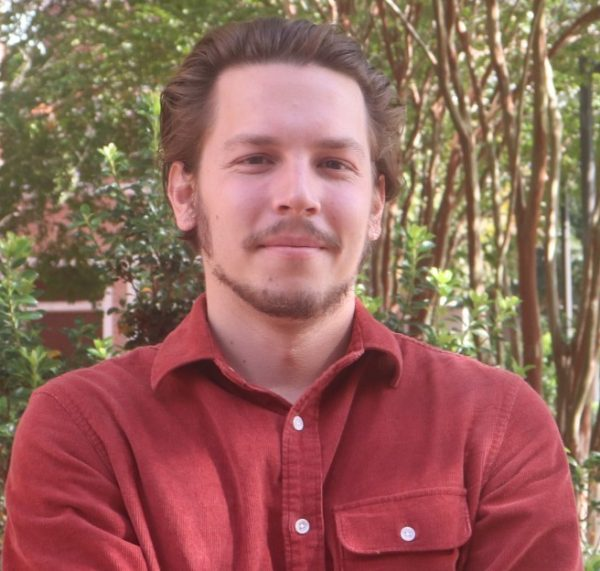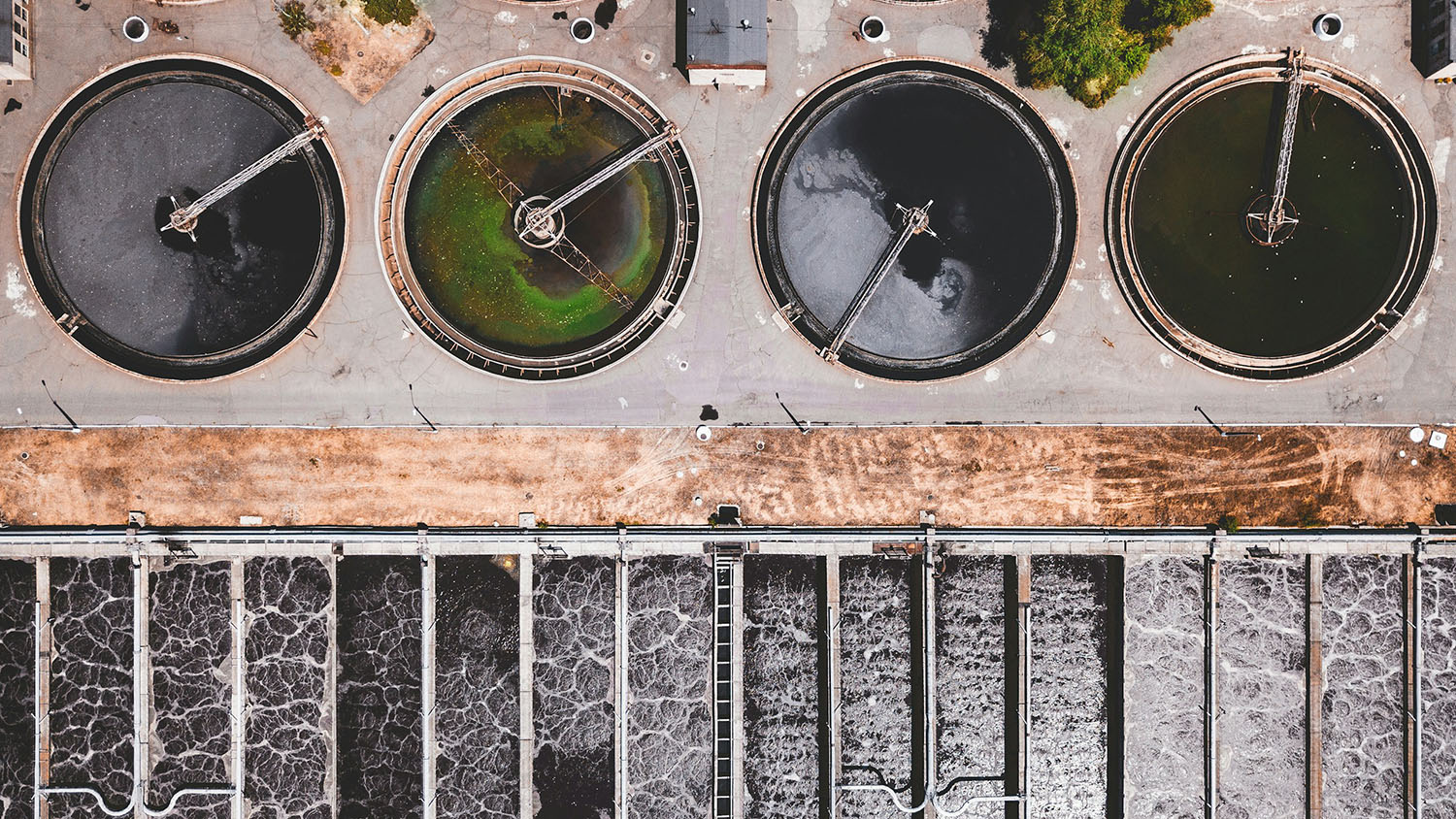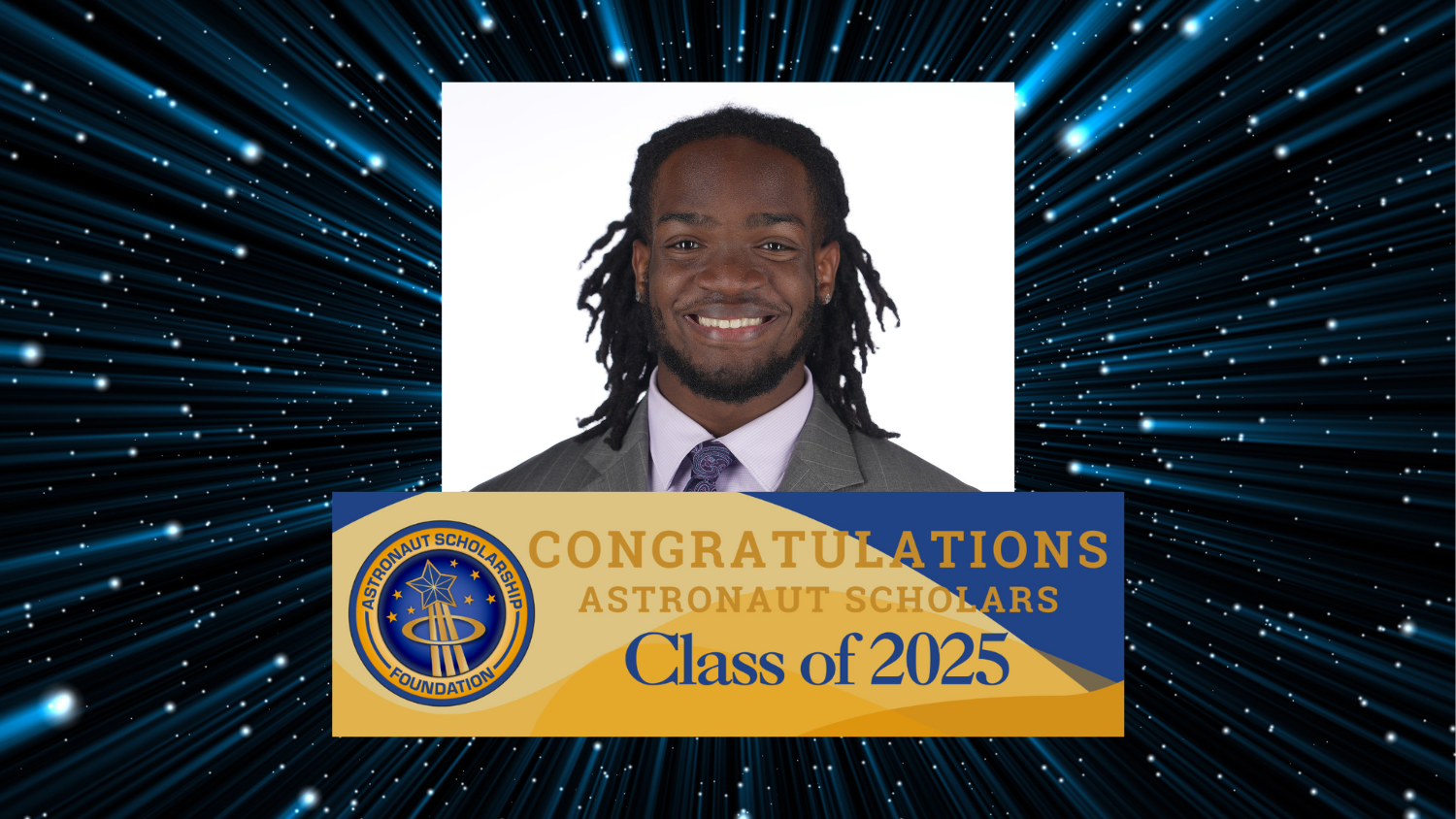Leo Brody Selected to Participate in the 2023 Climate Leaders Program

Graduate student Leo Brody has been selected to participate in the 2023 Climate Leaders Program. The program, organized by the Kenan Institute for Engineering, Technology & Science (KIETS), works with students to form strong partnerships with faculty mentors and internship hosts to develop solutions for addressing climate change. Leo’s labmate and fellow Ph.D. student Kyle Vogt-Lowell participated in the 2022 Climate Leaders Program.
Leo is a third-year Ph.D. student working in the area of sustainable heterogeneous catalysis with Prof. Fanxing Li. He was born and raised in Raleigh, N.C., and attended American University in Washington, D.C., where he obtained a B.S. degree in Environmental Science and a minor in Mathematics. He studies the optimization and characterization of perovskite oxides for in-situ sorption (capture) of CO2.
A perovskite is a material that has the same crystal structure as the mineral calcium titanium oxide, the first-discovered perovskite crystal. Unlike typical CO2 sorbents, perovskite materials are less prone to irreversible sintering and loss of sorption capacity because they readily phase change back to their original structure during the CO2 release step, which follows absorption in a typical industrial process.
Leo is first author of a recent publication in ACS Sustainable Chemistry & Engineering, “Perovskite-Based Phase Transition Sorbents for Sorption-Enhanced Oxidative Steam Reforming of Glycerol,” that describes efforts to optimize CO2 sorption from the reforming (technique by which the molecular structure of a hydrocarbon is rearranged to alter its properties) of glycerol. The ultimate goal was to develop an efficient strategy to produce concentrated hydrogen from superfluous carbonaceous feedstocks, in this case glycerol.
Leo’s dissertation and future work aim to understand the sequence of solid-state reactions and phase transitions that are occurring and how the identification of key intermediates can be used to tailor density functional theory (DFT) models for more accurate material screening.
As part of the Climate Leaders Program, Leo is performing research in the laboratory of Prof. Dr. Reinhard Schomäcker at Technische Universität Berlin (TUB) in Germany for four to five months. He is currently wrapping up his first five-month visit there, during which he characterized his sorbents using various techniques, including extended X-ray absorption fine structure (EXAFS) and synchrotron in-situ X-ray diffraction (XRD).
Leo says he’s enjoying his time in Germany, and says he wants to share his favorite German phrase: “Einmal ist keinmal!” which literally translates to “once is nothing” and succinctly communicates the important of reproducibility in science!
- Categories:


